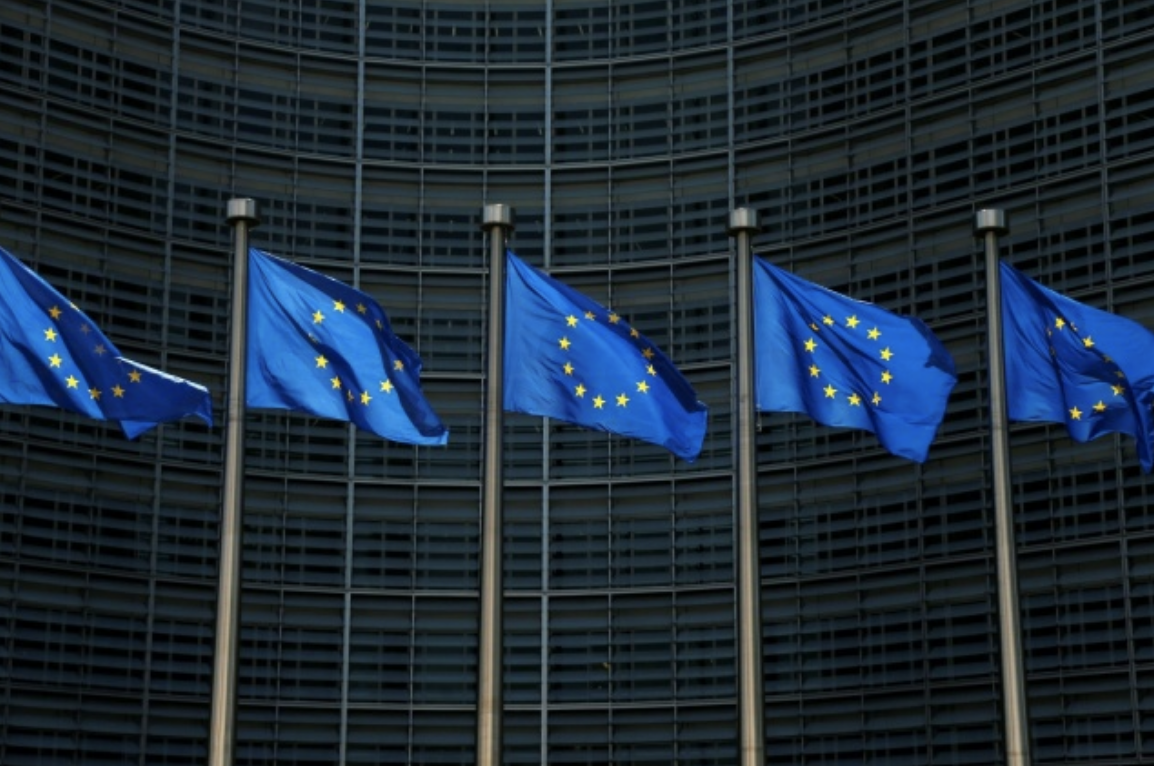Global digital privacy in the twenty first century has increasingly felt like a game of roulette, as we all struggle to navigate our "public-private" lives online. Europe's attempt came by way of a policy called the "General Data Protection Regulation," that lets consumers opt out of cookie consent pop-ups that gather information from your computer. According to a new study by researchers from MIT’s Computer Science and Artificial Intelligence Laboratory (CSAIL), UCL, and Aarhus University, their appears to be misuse: most websites are making it "substantially more difficult" to reject all tracking than to accept it.
The study, called “Dark Patterns after the GDPR,” found that only 11.8 percent of the 10,000 websites they checked met the “minimal requirements that we set based on European law.”
"Why do they let their clients count scrolling as consent or bury the 'decline' button somewhere on the third page?" lead author Midas Nouwens told TechCrunch. "Since enforcement agencies have limited resources, focusing on the popular consent pop-up providers could be a much more effective strategy than targeting individual website."



